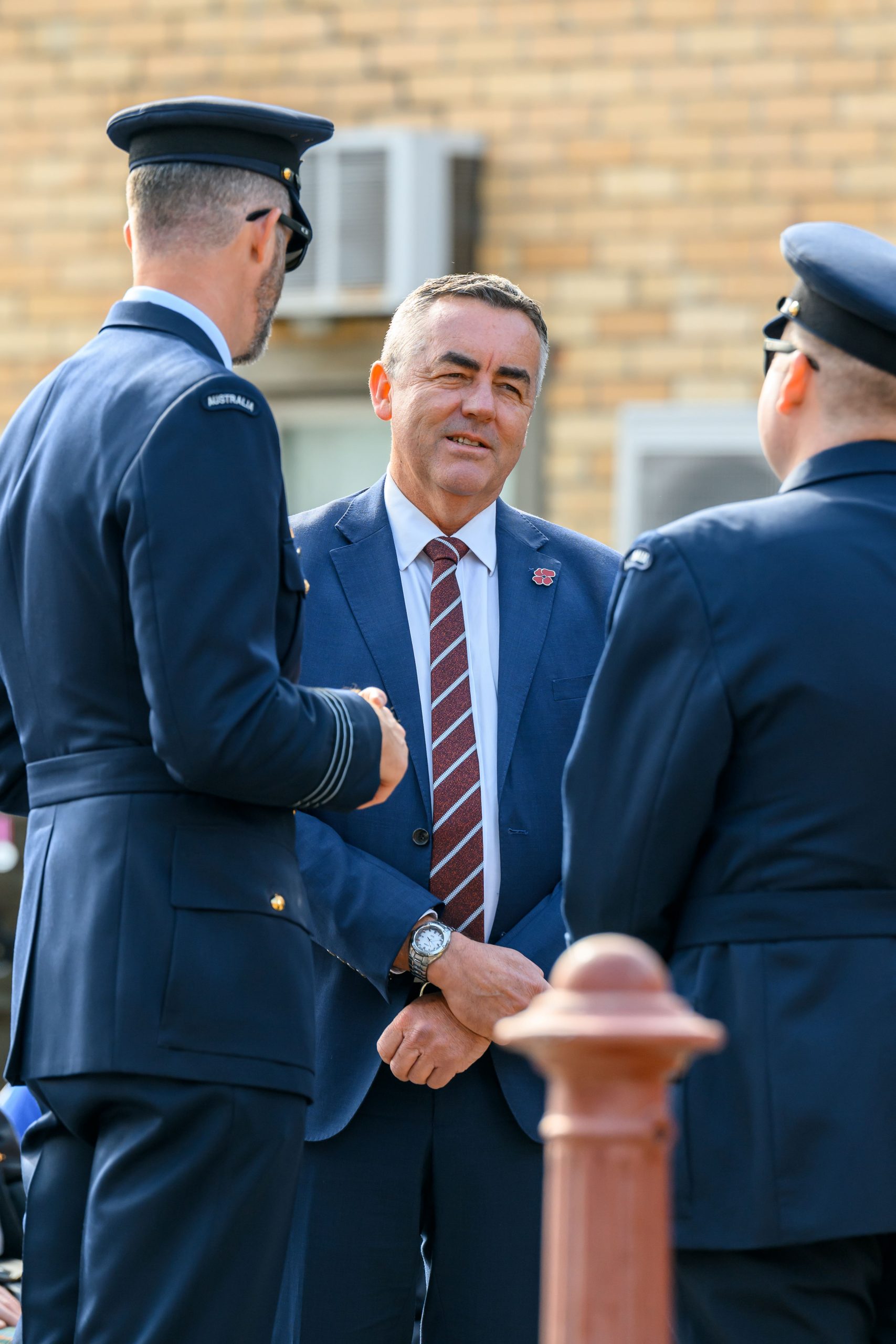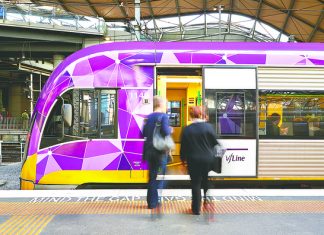By DAVID BRAITHWAITE
THE Liberal and National parties have struck a deal to renew their federal coalition agreement, a week after Nationals leader David Littleproud announced his party would end the agreement.
The new shadow cabinet announced by Mr Littleproud of new Liberal leader Sussan Ley after the coalition was renewed, with Member for Gippsland Darren Chester now the shadow veterans affairs minister.
Before the recent election, Mr Chester was shadow minister for regional education, and regional development, local government and territories.
The coalition was restored after the Liberal Party agreed in principle not to include four policies – nuclear power, a regional Australia future fund, break-up powers for the supermarket sector and better mobile coverage in the rural areas – in a sweeping review of the coalition’s election loss.
Promoted to the inner shadow ministry, the announcement sees Mr Chester return to a portfolio for which he served as a minister under prime ministers Malcolm Turnbull and Scott Morrison.
“It was the greatest honour of my working life to represent veterans and defence personnel within the ministry, and I recognise it is one of the portfolios where you can actually make a difference and sometimes save people’s lives,” Mr Chester said.
“Our veterans and their families have helped to keep us safe and protected the freedoms we all enjoy today, and in return, we need to provide assistance, if it’s required, once they have left the defence force.
“Wherever possible, I will be working in a bipartisan manner in the interests of the men and women who have served because support for our veterans should be above day-to-day politics.”
Mr Chester said he was “honoured and excited” to be returning to a more senior role in the coalition.
“It is a challenging time in our nation’s history, and the conversations we will need to have in shadow cabinet will require maturity, common sense and a practical understanding of how government decisions can impact the lives of everyday families in our cities and regional areas,” Mr Chester said.
“We need to quickly learn the lessons from the federal election result and unite as a coalition to hold the government to account, in the interests of the people who send us to Canberra to represent them.
“All of the issues that existed prior to the election remain areas of concern for Australians. Everything from cost of living, increased crime, crumbling infrastructure, poor access to critical services and global uncertainty will require clear-thinking and decisive action.”
Meanwhile, the Australian Electoral Commission has completed the count for the election of six Senators for Victoria.
Labor won three of the positions, with Raff Ciccone and Jess Walsh re-elected, and Michelle Ananda-Rajah, whose lower house seat of Higgins was abolished, to take up a seat in the upper house of parliament when the next Senate term begins July 1.
Liberals James Patterson and Jane Hume and the Greens’ Steph Hogkins-May were also re-elected.
The declaration of the poll for the Victoria Senate was held on Friday.
Each state is represented by 12 Senators, who serve six-year terms, with the two territories having two Senators each, with their terms the same as those in the House of Representatives.
Victoria’s remaining six Senators, Lisa Darmanin, Jana Stewart (both Labor), Sarah Henderson (Liberal), Bridget McKenzie (Nationals), Lidia Thorpe (independent) and Ralph Babet (United Australia) will be up for re-election at the next federal election.











